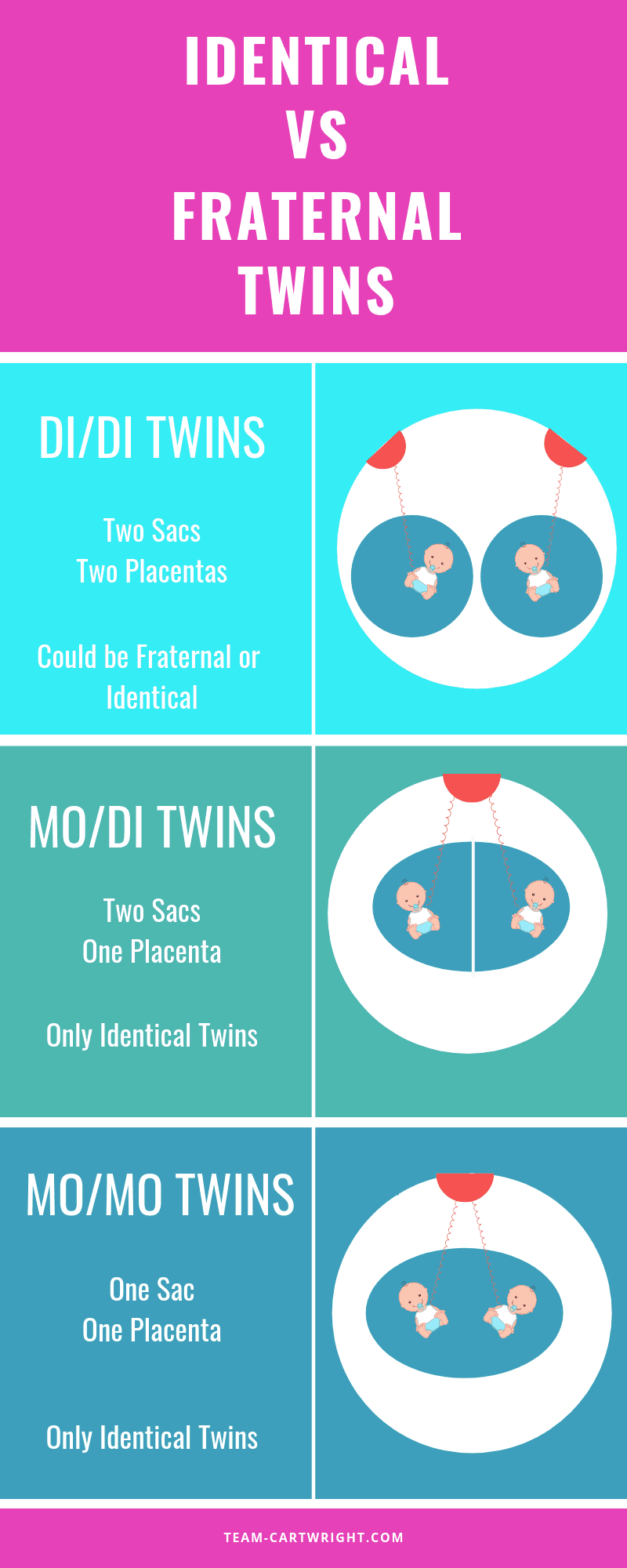Rapid Fire
Rapid Fire Current Affairs
- 03 Mar 2023
- 6 min read
MoMo Pregnancy: A Rare Occurrence
In what has been termed a rare occurrence, a US woman gave birth to two pairs of identical twins within six months of each other. Such twins, known scientifically as ‘MoMo‘, an abbreviation for monoamniotic-monochorionic, are some of the rarest types of twins, making up less than 1% of all births in the United States.
In a MoMo pregnancy, the twins are known to share the same placenta, amniotic sac and fluid. But they have different umbilical cords. They share everything except umbilical cords, which can easily become entangled in a single sac. Unfortunately, there is a high rate of stillbirths associated with MoMo twins.
Fraternal twins are the result of two eggs being fertilized, while identical twins are the result of one egg being fertilized and split. This means identical twins must be the same gender due to them having the same DNA.
World Wildlife Day
World Wildlife Day has been celebrated every year on the 3rd of March since 2013.
The theme of this year is ‘Partnerships for Wildlife Conservation’ which expanded into the conservation of marine life and oceans, and on collaborating with businesses and funding conservation activities.
The date chosen coincides with the day of the Convention on International Trade in Endangered Species of Wild Fauna and Flora (CITES), signed in 1973.
This day also marks the 50th anniversary of CITES’ establishment. CITES is an international agreement between governments. Its aim is to ensure that international trade in specimens of wild animals and plants does not threaten the survival of the species. Currently, there are 184 parties to the convention, including India. The CITES Secretariat is administered by UNEP (The United Nations Environment Programme) and is located in Geneva, Switzerland. The Conference of the Parties to CITES is the supreme consensus-based decision-making body of the Convention and comprises all its parties.
In India, apart from the Union Ministery of Environment, Forests and Climate Change, the Wildlife Crime Control Bureau is a statutory body under the Ministry that is especially meant to combat organised wildlife crime in the country.
Read More: Convention on International Trade in Endangered Species of Wild Fauna and Flora (CITES), World Wildlife Day
SMART-PDS
As per the Union Minister of Consumer Affairs, Food and Public Distribution, SMART-PDS is an important technologically driven initiative, therefore, all states and union territories should make earnest efforts to implement it at the earliest.
SMART-PDS is a system where smart ration cards are issued to beneficiaries of the public distribution system, and ration is given through fair price shops on the production of the smart ration card by any member of the beneficiary family.
Major initiatives are undertaken by the Government of India to strengthen the Public Distribution System (PDS) in India which includes the Pradhan Mantri Garib Kalyan Anna Yojana (PMGKAY) implemented from April 2020 to December 2022 during the COVID-19 pandemic in coordination with States & UTs and One Nation One Ration Card plan implemented to support migrant population, promoting millets in the PDS is important for strengthening nutrition security in the country.
Read More: Public Distribution System (PDS) in India
Porter Prize 2023
Union Health and Family Welfare Ministry has received the Porter Prize 2023. It recognized the government's strategy in managing COVID-19, also the approach, and involvement of various stakeholders especially the involvement of Accredited Social Health Activists (ASHA) workers. The country's contribution to developing and manufacturing vaccines was also lauded. India delivered more than 2.5 billion doses.
Porter Prize is named after award-winning economist Michael E. Porter. He has brought economic theory and strategy concepts to bear on many of the most challenging problems faced by corporations, economies and societies.
India launched the ASHA programme in 2005-06 as part of the National Rural Health Mission. With the launch of the National Urban Health Mission in 2013, the programme was extended to urban settings as well. The core of the ASHA programme has been an intention to build the capacity of community members in taking care of their own health and being partners in health services.
Read More: India's Covid Pandemic Management






